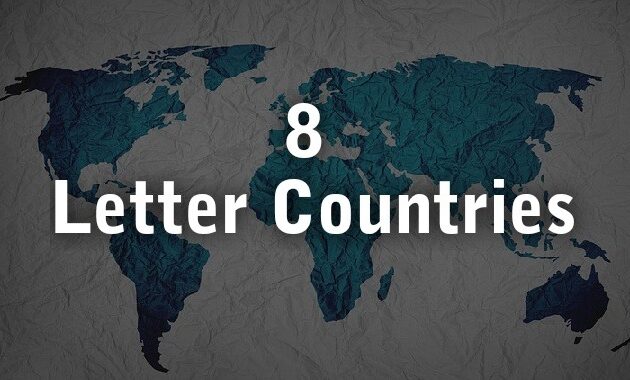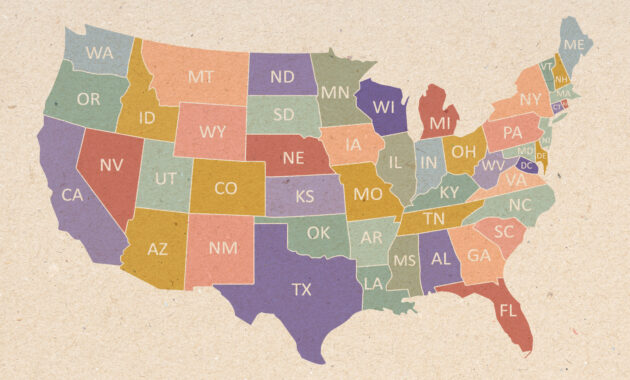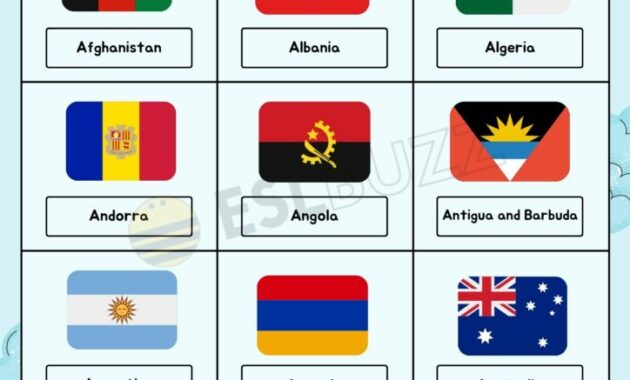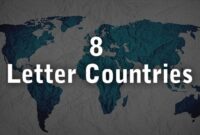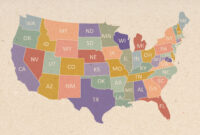Norway’s relationship with the Euro, the single currency used by many European Union member states, is a topic of frequent discussion and curiosity. Unlike some of its Scandinavian neighbors, Norway has chosen to retain its own currency, the Norwegian Krone (NOK). This decision, deeply rooted in the country’s economic and political landscape, reflects a unique approach to European integration and monetary policy. To understand Norway’s stance, it’s essential to delve into the reasons behind this decision and explore the implications of maintaining an independent currency.
Norway and the Euro: A Deliberate Choice

The decision not to adopt the Euro is not a new one for Norway. Twice, in 1972 and 1994, the Norwegian population voted in referendums against joining the European Union. While these votes were primarily about EU membership, they also indirectly addressed the question of potential Euro adoption. The prevailing sentiment was a desire to maintain national sovereignty and control over economic policy. Several factors have contributed to this persistent reluctance, including a strong national identity, a history of economic independence, and concerns about relinquishing control over interest rates and monetary policy to the European Central Bank (ECB).
A key factor influencing Norway’s decision is its robust economy, largely driven by its significant oil and gas reserves. The country has managed its petroleum wealth carefully, investing a substantial portion of its revenues in the Government Pension Fund Global, one of the largest sovereign wealth funds in the world. This fund acts as a buffer against economic shocks and provides long-term financial stability. Norway’s strong fiscal position gives it a greater degree of flexibility in managing its economy independently, reducing the perceived need for the stability of Eurozone membership.
Furthermore, Norway’s economic cycles often differ from those of the Eurozone. For example, fluctuations in oil prices can have a significant impact on the Norwegian economy, while the Eurozone economy may be more influenced by factors such as manufacturing output or consumer spending. By maintaining its own currency, Norway can adjust its monetary policy to suit its specific economic needs. The Norwegian Central Bank (Norges Bank) can independently set interest rates and manage the exchange rate of the Krone, allowing it to respond effectively to domestic economic conditions.
Another consideration is the potential impact of Euro adoption on Norway’s competitiveness. A fixed exchange rate with the Eurozone could limit Norway’s ability to adjust its currency value to respond to changes in its competitiveness. In periods of high oil prices, for example, the Krone tends to appreciate, making Norwegian exports more expensive. An independent monetary policy allows Norges Bank to intervene in the currency market to moderate these fluctuations and maintain the competitiveness of Norwegian industries.
Beyond economic considerations, there are also political and cultural factors that contribute to Norway’s reluctance to adopt the Euro. Many Norwegians value their national identity and independence, and they see the Euro as a symbol of greater European integration. Concerns about losing control over key aspects of national policy, including monetary policy, are deeply ingrained in the Norwegian psyche. The strong tradition of democratic participation and the desire to maintain national sovereignty are important considerations in any debate about Euro adoption.
The Norwegian Krone: A Symbol of Independence

The Norwegian Krone itself has become a symbol of Norway’s economic independence and national identity. The name “Krone” is derived from the word “crown,” reflecting the country’s monarchical heritage. The banknotes feature images of Norwegian historical figures and cultural landmarks, further reinforcing the connection between the currency and the nation’s heritage. Maintaining the Krone is seen by many Norwegians as a way to preserve their cultural identity and resist the homogenizing effects of globalization.
While Norway has chosen to remain outside the Eurozone, it is closely integrated with the European Union through the European Economic Area (EEA) agreement. This agreement grants Norway access to the EU’s single market, allowing it to trade goods, services, capital, and people freely with EU member states. In return, Norway must implement certain EU regulations and contribute financially to the EU budget. The EEA agreement provides Norway with many of the economic benefits of EU membership without requiring it to adopt the Euro or participate in other aspects of EU integration.
The decision to remain outside the Eurozone is not without its challenges. Norwegian businesses that trade with Eurozone countries face exchange rate risk, which can increase transaction costs and create uncertainty. However, many Norwegian companies have developed strategies to manage this risk, such as hedging their currency exposure or invoicing in Euros. Furthermore, the volatility of the Krone can sometimes make it difficult for businesses to plan for the future.
Looking ahead, it is unlikely that Norway will adopt the Euro in the near future. Public opinion remains strongly opposed to Euro adoption, and there is no significant political momentum for a change in policy. While the economic benefits of Eurozone membership are undeniable, they are not seen as outweighing the perceived loss of national sovereignty and control over economic policy. Norway is likely to continue to pursue its own path, maintaining its independent currency and its close relationship with the European Union through the EEA agreement.
In conclusion, Norway’s decision not to use the Euro is a complex one, rooted in economic, political, and cultural factors. The country’s strong economy, its unique economic cycles, and its desire to maintain national sovereignty have all contributed to this decision. While Norway faces some challenges as a result of not being in the Eurozone, it has successfully managed its economy and maintained a high standard of living. The Norwegian Krone remains a symbol of the country’s independence and its unique approach to European integration.
If you are searching about Does Norway use the Euro? – The Norwegian Standard you’ve visit to the right place. We have 5 Pictures about Does Norway use the Euro? – The Norwegian Standard like Norway euro currency sign | 3d symbol on white background, Does Norway Use The Euro? Norway And The Euro and also Does Norway Use The Euro? Norway And The Euro. Here it is:
Does Norway Use The Euro? – The Norwegian Standard
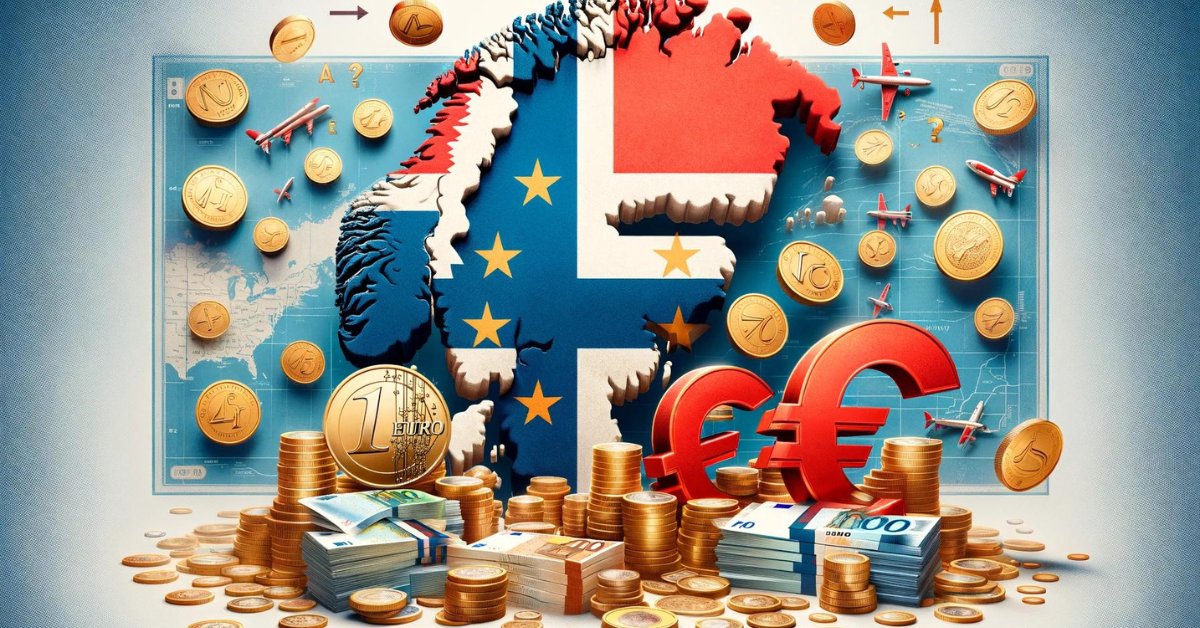
www.thenorwegianstandard.com
Are Sweden, Norway And Finland In The EU? Do They Use The Euro

www.naturetravels.co.uk
norway finland kayleigh mcmillan
Norway Euro Currency Sign | 3d Symbol On White Background

3d-fonts.com
3d euro currency norway symbol sign
Are Sweden, Norway And Finland In The EU? Do They Use The Euro

www.naturetravels.co.uk
finland sweden soest christian
Does Norway Use The Euro? Norway And The Euro

scandification.com
Are sweden, norway and finland in the eu? do they use the euro. 3d euro currency norway symbol sign. Finland sweden soest christian




